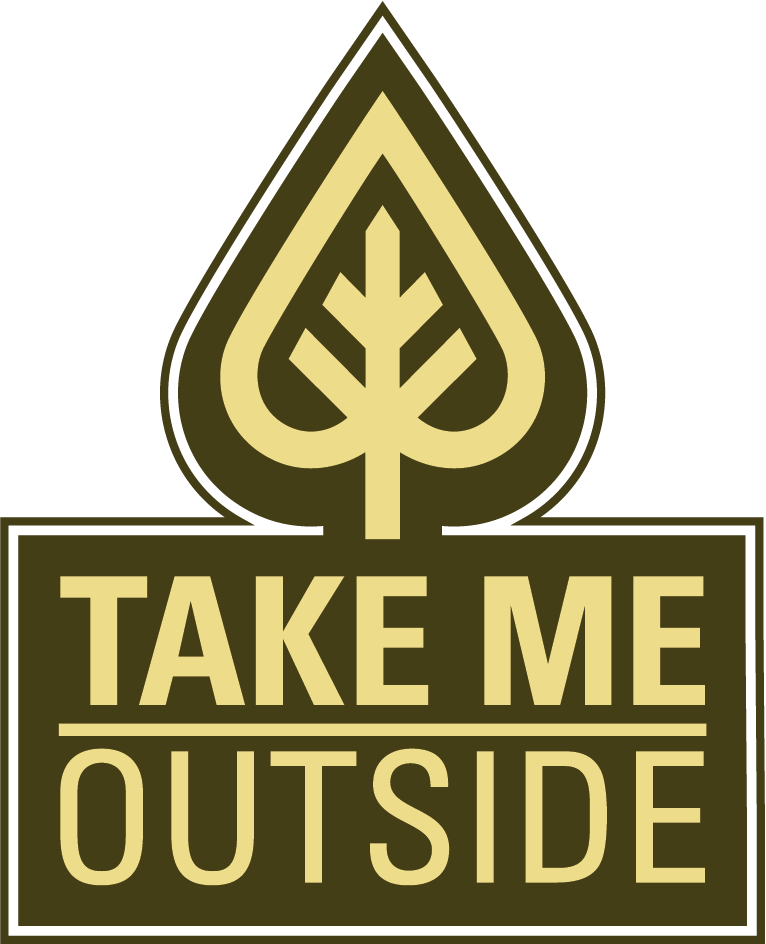43 results for group: indigenous-learning
Kapabamayak Achaak Healing Forest- Live, Learn, Heal
Kapabamayak Achaak Healing Forest (KAHF) is a living memorial to Indigenous children lost to or affected by the residential school system as a gathering place for families and communities for learning outdoors. In this place, land-based learning, and intergenerational learning programs, connect people to their histories and cultivate sustainability.
The presenters will provide a brief history of the project and provide examples of land-based practices such as Indigenous ways-of-knowing and methodologies, environmental sustainability and wellness on the land.
Centering Indigenous Pedagogy with and for students in the helping professions
SIIT staff and students from the Mental Health and Wellness Diploma program will share some of their experiences and perspectives on how to incorporate Indigenous pedagogy into education. Through a hands-on immersive experience, participants will be guided land-based skills and how to co create knowledge with students to achieve learning outcomes. The activity is a condensed version of a student assignment in the Recreation, Leisure and Wellness course that is part of the MHW curriculum.
Connecting Indigenous Pedagogy to Practical Ways of Teaching Outside the Box
An invitation to see the world of two district Indigenous Education teachers and how they support school wide communities. This is done through showcasing practical examples of bringing land, experiential, play and project based learning to educator's current practice. Their path is to build capacity by helping teachers find their gifts in self discovery by supporting their growth and goals while using culturally responsive teaching models with Indigenous ways of knowing.
Transforming Students’ Perspectives of the Natural World through Land-Based Inquiry
The land connects us. Come learn transformative approaches to land-based inquiry from laboratory school educators working in an urban setting. Each educator comes to the goals of 'Truth and Reconciliation' with their own levels of engagement with Indigenous Knowledges. At the core of this interactive workshop is the goal of education reform for participants interested in bringing Indigenous perspectives into Elementary and Early Years settings. Engaging in approaches to land-based inquiry, educators can expect to build their climate action toolkit in a collaborative outdoor experience.
Decolonizing Place-Based Education
Understanding the impact of colonization on Place-Based Learning Collaboration in examining interdisciplinary in learning Imagination for change Teaching knowledge is a relational process Student empowerment
North East School Division Love Land Cultural Land Base Teachings
The North East School Division was provided, in partnership, with land intended to be used for cultural land base education. The school division formed a planning committee and initiated plans in a Respectful way to honor the land located outside the town of Love Saskatchewan. We had to clear the land and create a roadway to enter the area. We began with a feast, chose a prayer tree area, created a sweatlodge to honor the land and partnership in a cultural way. Our activities are all curriculum tied and honor traditional teachings - it is our way of validating the teachings of our relations.
Ta’Teli Npitekek Wsitqamu Nature Bugs: Exploring the Little to Understand the Big
Experience portions of a cross-curricular unit on Insects, Art and the Natural World as we explore our place in the Global Ecosystem through the world of Insects. Learn about the Mi’kmaq teachings of Respect, Reciprocity and Humility as you are guided through a series of STEAM (Science, Technology, Engineering, Art and Math) microlessons. Participants will have the opportunity to learn about insects including vocabulary (Mi’kmaq & English) anatomy and their place in the environment. Participants will then share their learning as they create a “Nature Bug” using only pieces found in nature.
Learning From Indigenous Perspectives: Outdoor Play Pedagogy in Mainstream Early Learning Centres
Participants in the workshop will engage in experiential activities that they can in turn apply to their own teaching practice. Activities will include pedagogies to support practices such as greeting and expressing gratitude for the gifts of nature, recognizing human interconnectedness with the natural world, and building relationships with, and showing care and responsibility for nature.
Teaching towards reciprocity and identity-affirming classrooms: Akinoomaagzid, Indigenous ways of knowing and Anishinaabemowin
Two educators will share their story using the Akinoomaagzid program developed in partnership with the Chippewas of Georgina Island First Nation to reconnect students to the land, their language and Indigenous ways of knowing. This workshop will model how to actionize reciprocal teaching practices, identity-affirming spaces and ideas around reciprocity. The focus will be Indigenous innovations and connections to Anishinaabemowin and explore Indigenous ways of knowing. Participants will build connections to the land which will strengthen their understanding of Indigenous worldviews.
Heartbeat of the Earth
Rise Up's Executive Director, Launa Purcell, recently published a book Heartbeat of the Earth. This handbook highlights Indigenous cultural activities to connect children/youth with the land. This workshop features the core teachings of the book and how to integrate these teachings into every life whether in the classroom, play school or comforts of your back yard. Heartbeat of the Earth focuses on power of ceremony, mindfulness, gratitude, All My Relations and Indigenous games.




